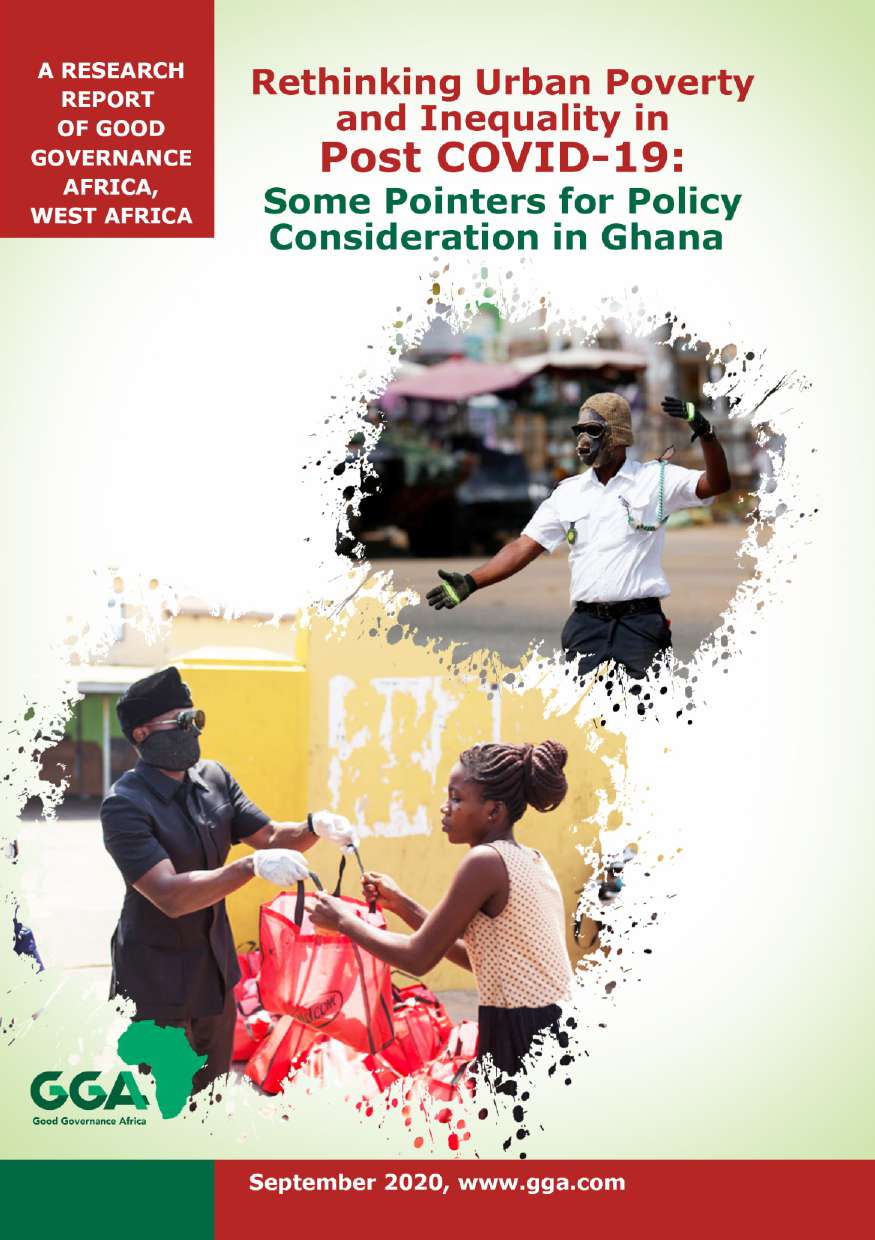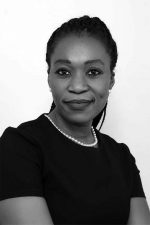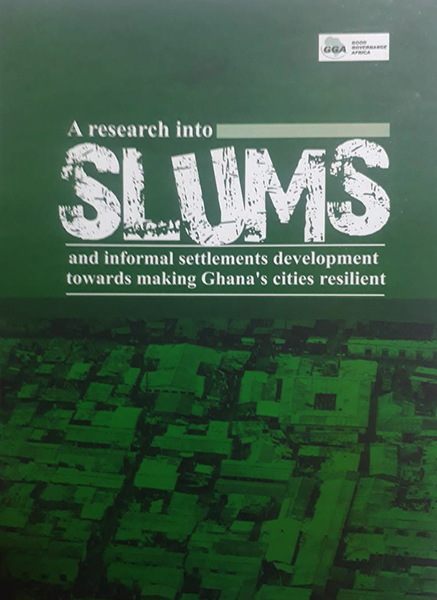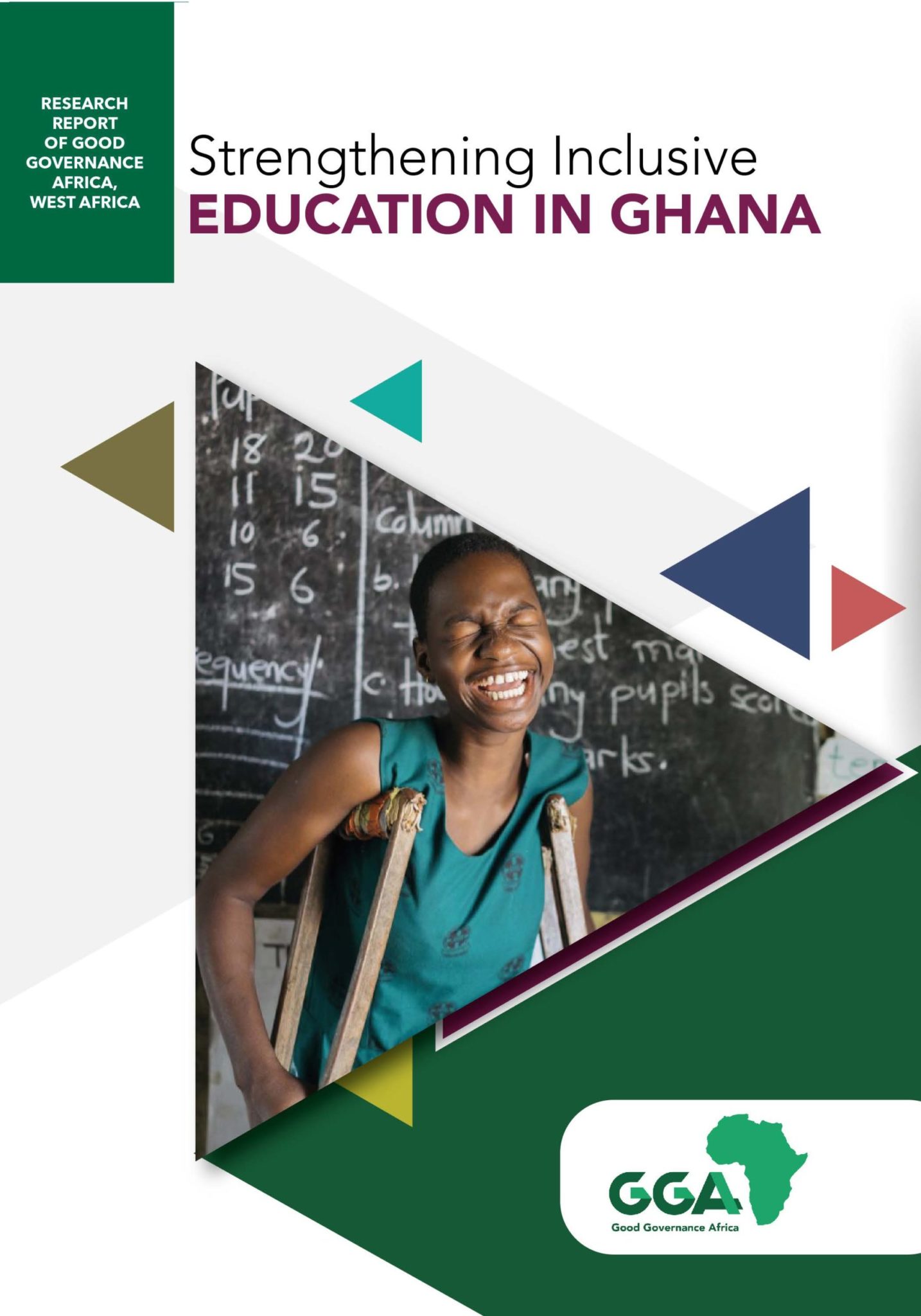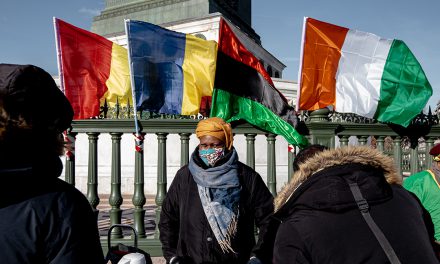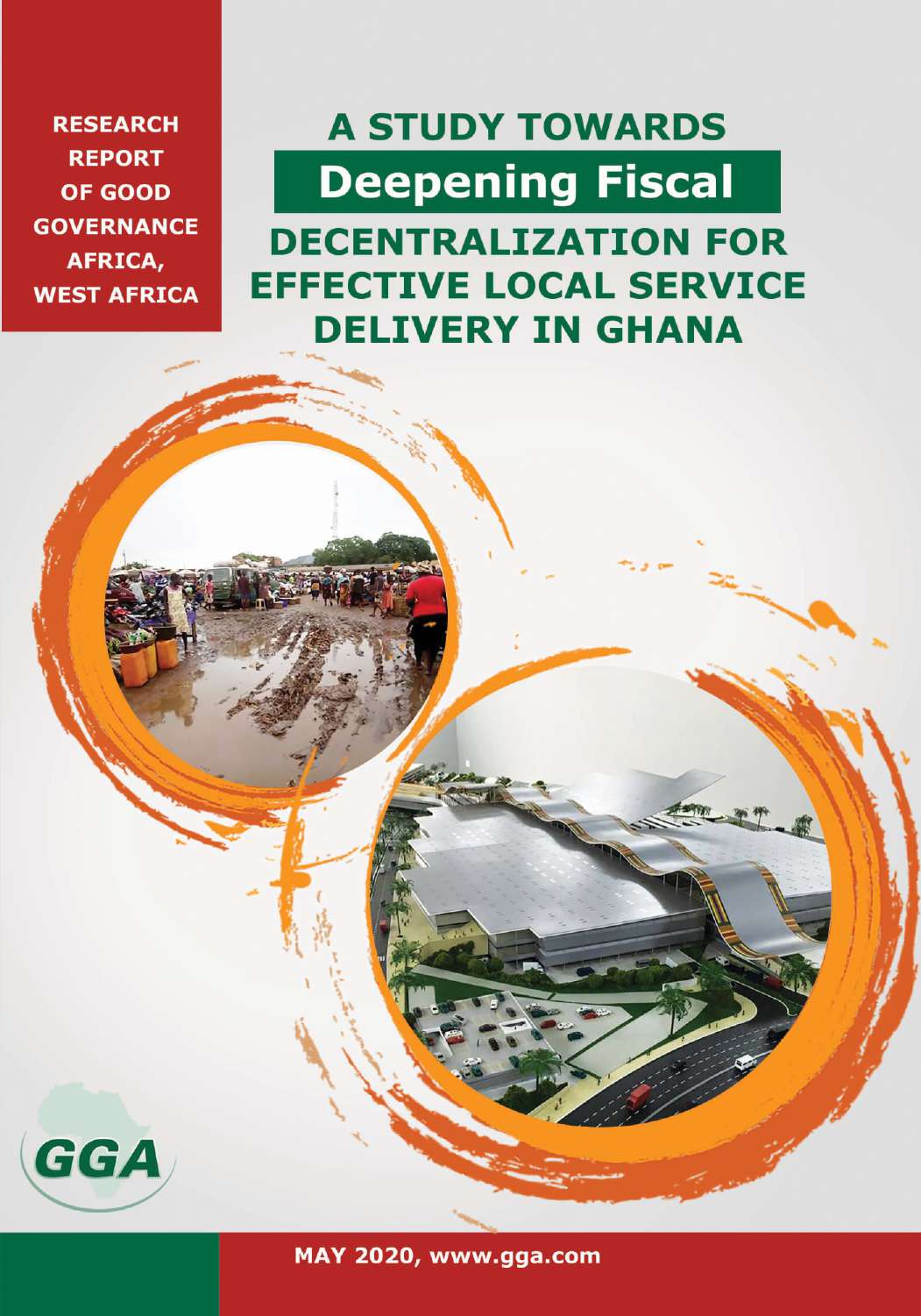Rethinking Urban Poverty and Inequality in Post COVID-19: Some Pointers for Policy Consideration in Ghana
The challenges that faced the implementation of the partial lockdown in the Greater Accra Metropolitan Area (GAMA) and the Greater Kumasi Metropolitan Area (GKMA) as part of measures to curb the spread of the novel COVID-19 virus have revealed how poverty and inequality in urban areas can undermine a well-intended policy. Consequently, there is the need for Ghana to rethink poverty and inequality in new ways and respond more effectively with own resources (see GARDA World, 2020). As the COVID-19 pandemic has revealed, relying on donor support for poverty reduction is not sustainable.
A Business Law Firm, Addleshaw Goddard LLP (2020), could not have put it in a better way by noting that, “for Ghana, the harsh reality reported within the United Kingdom, the European Union’s disparate and tardy response to its own Spain and Italy, and the political soap opera that unfolded in the United States of America between federal and state governments, further highlighted the need for adequate self-sufficiency, at least to the extent of being able to protect the … socio-economic welfare of the population.”
Many governments implemented a total lockdown as immediate solution to the control of the COVID-19 pandemic. Countries such as India used the lockdown to buy crucial time to do extensive contact tracing, ramp up testing and most crucially, prepare health system, increasing its healthcare infrastructure and preventing it from being overwhelmed, as it happened in Italy, the United States and Spain (Golechha, 2020: 1). In Ghana, the information Minister explained that the partial lockdown was needed to enable the government to provide assistance to health facilities to identify, contact trace and isolate cases for effective management (The Guardian, 2020).
The lockdown as implemented by many countries required limited movement, home-stay and social distancing. In Ghana, the President imposed a partial lockdown on the 28th of March 2020 to take effect on 30 of March 2020 for two weeks. As mentioned earlier, this was imposed on the Greater Accra Metropolitan Area and the Greater Kumasi Metropolitan Area. Residents in these areas were to stay at home as much as possible. The circumstances under which they could go out including looking for food and water, medicine, going to the bank and the use of public toilets and public bathrooms.
In addition, inter-city travels for private and commercial purposes were suspended. All intra-city travel vehicles were made to reduce the number of passengers to observe social distancing. During the lockdown, the government subsidized halved electricity costs for lifeline users and absorbed water bills for three months and also distributed food supplies to households in poor and vulnerable neighbourhoods to ease the effects of the lockdown (see Voice of America, 2020; International Growth Center, 2020).
Although the lockdown is supported by many countries, governments and World Health Organisation (WHO) as an effective strategy for containing the spread of infections, there were many challenges that came with its implementation. In India for example, the social distancing is said to be very difficult for many households, especially in slum areas; and for the daily-wage earner, he/she has to earn daily money to keep family alive. A long-time lockdown could lead to psychosocial difficulties for vulnerable population and consequently lead to stress, anxiety, frustration, boredom and depression and even suicidal idea and attempts.
In Ghana, there is evidence to show that the distribution of food in order for people, especially low income people, to stay at home cannot be said to have been very successful as many of the intended beneficiaries claimed to have been left out. Consequently, many of them could not stay at home. The argument was that they are “daily-income-earners” or what is commonly called “by-day-earners” therefore they need to go out daily in order to make ends meet as in the case of India and other poor countries. According to The Guardian (2020) millions of people living on the edge, working in Ghana’s largely informal economy, each day of the lockdown deepened their worries.
There is anecdotal evidence to support the view that the lockdown made life extremely difficult for the urban poor (International Growth Center, 2020). This claim is justified from the evidence that over 60% workers are in the informal sector. According to the Ghana Living Standards Survey 4 (GLSS IV) and the Ghana Shared Growth and Development Agenda (GSGDA) II, 2014-2017 cited in Anuwa-Amarh (2015: 13), available statistics show that informal sector’s share of total employment increased from 80.5% in 1987/88 to 88.6% in 2005/2006. The private informal sector is estimated to employ about 86% of the economically active persons. Therefore the informal sector is very important as this is the sector that hosts many low-income “by-day” earners.
Worst of all, observing social distancing as one of the protocols, was not effectively complied with by the many informal sector workers especially market women across many markets in the country. The steps that were taken to shut down some markets rather worsened the plight of many “by-day” workers many of whom are women household heads. The main reason has to do with the nature of their work. There is also evidence that some passengers ignored the social distancing protocols to be observed by private transport operators especially intra-city mini buses commonly called “trotro” because of limited supply of “trotro” during rush hours (myJoyOnline, 2020; GhanaWeb, 2020; Bonful et al., 2020).
These challenges have therefore revealed some pointers that justify rethinking of urban poverty and inequality as critical development issue and how this might be addressed. To effectively address this, there is the need to understand how these issues affected the implementation and enforcement of the COVID-19 protocols on social distancing and staying-athome. Unpacking the dynamics should help to approach poverty issues in more innovative ways. In order to understand the context of this argument, a review of conventional thinking about poverty will be useful.

